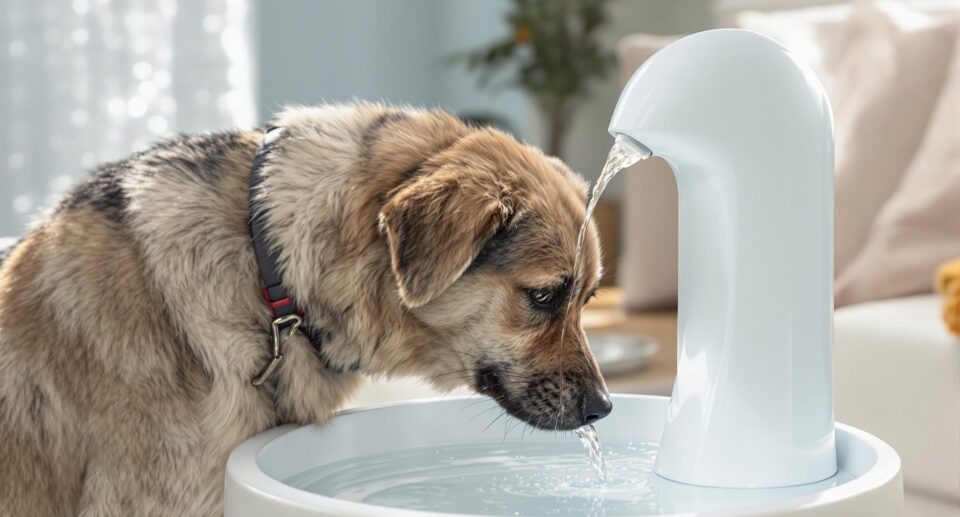Maintaining Your Dog’s Potassium Levels

Potassium is a mineral that helps keep the kidneys functioning normally. Potassium is required for heart function and is important for normal digestion and muscle function as well. Proper potassium balance depends on the amount of sodium and magnesium in the blood. High salt (sodium) in the diet can lead to a loss of potassium. Certain medical conditions such as diarrhea, vomiting, malnutrition, or irritable bowel disease (IBD) can also cause a loss of potassium.
Hypokalemia, or low potassium, can result in weakness, lack of energy, muscle cramps, stomach problems, and irregular heartbeat. Hypokalemia is most often caused by too much of a loss of potassium in the urine or intestines. Hypokalemia can be treated with potassium supplements such as Tumil-K (Potassium gluconate) (Rx). Multivitamin/mineral combinations containing potassium, such as VitaChews, can be used daily to help prevent potassium loss.
Give potassium supplements
Potassium, as the nutritional supplement Potassium Citrate Granules, or Urocit-K (Rx) tablets, is also used in the prevention of kidney or bladder stones. Potassium Citrate increases urinary pH making the urine more alkaline. This helps prevent formation of calcium oxalate stones and uric acid stones.
Many medications can affect potassium levels in your pet’s body
Medications that can cause an increase in potassium include NSAIDs (Rimadyl, Novox, Deramaxx), ACE inhibitors (Enalapril), Cyclosporine (Atopica), SMZ/TMP, Beta-blockers (Atenolol), and Spironolactone (Aldactone).





